Program Directors: Robert Cioffi, Simon Gilhooley, and Kathryn Tabb
Spring 2026 Faculty
-
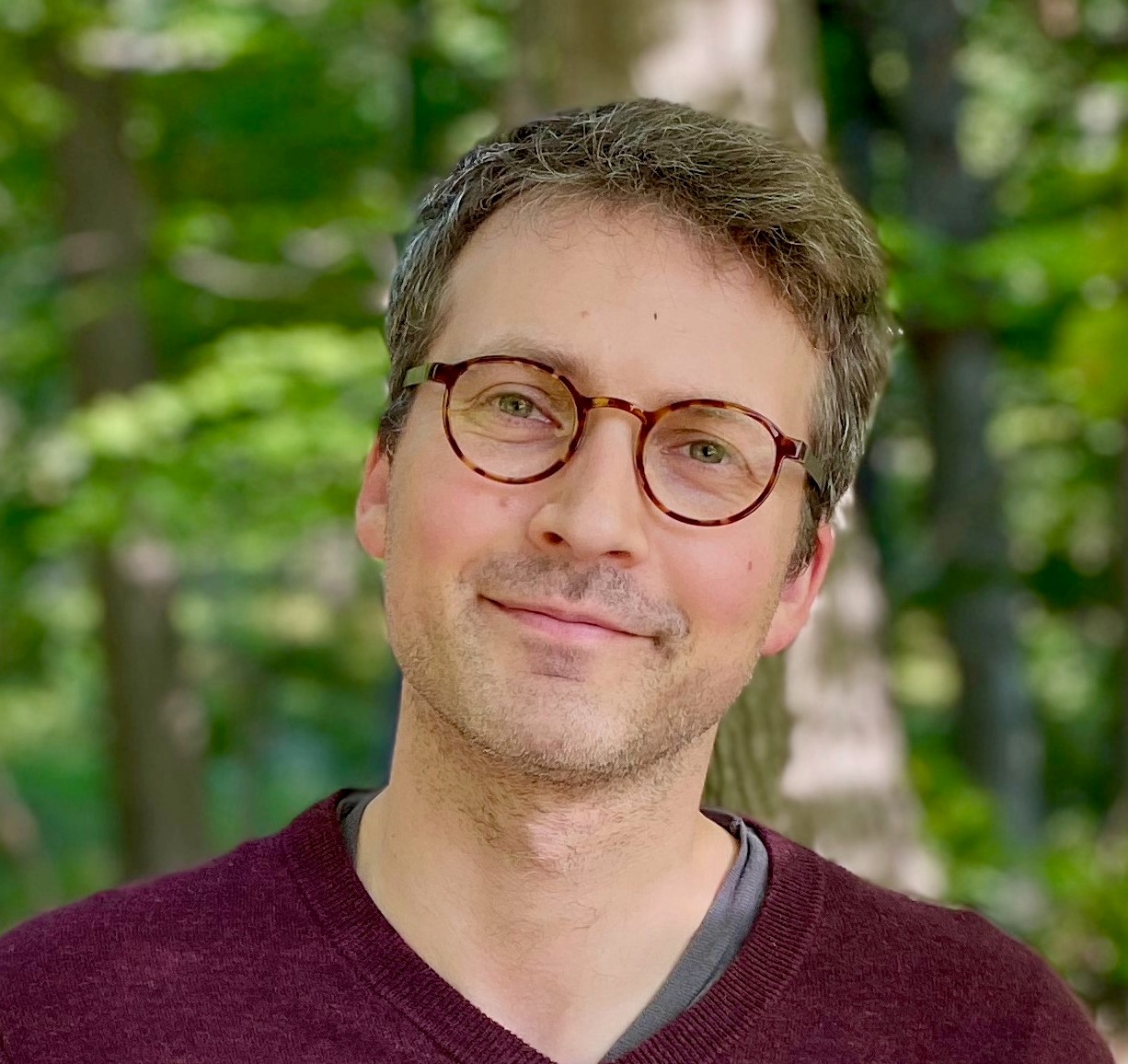 Rob CioffiCo-Director of First-Year Seminar, Assistant Professor of Classics
Rob CioffiCo-Director of First-Year Seminar, Assistant Professor of ClassicsRob Cioffi

Co-Director of First-Year Seminar, Assistant Professor of Classics
Rob Cioffi teaches in Classical Studies, Literature, and History. The first class he taught at Bard College was a section of First-Year Seminar, and he’s very much looking forward to helping to lead a program that shaped his experience of Bard. His research focuses on the relationship between ancient Greek literature and ancient Egypt, which was the subject of his first book, Egypt, Ethiopia, and the Greek Novel. He sometimes writes for the London Review of Books and the New York Times Book Review. In January, he can be found excavating in Hermopolis Magna in Middle Egypt. During the rest of the year, he is the McWilliams House Professor. -
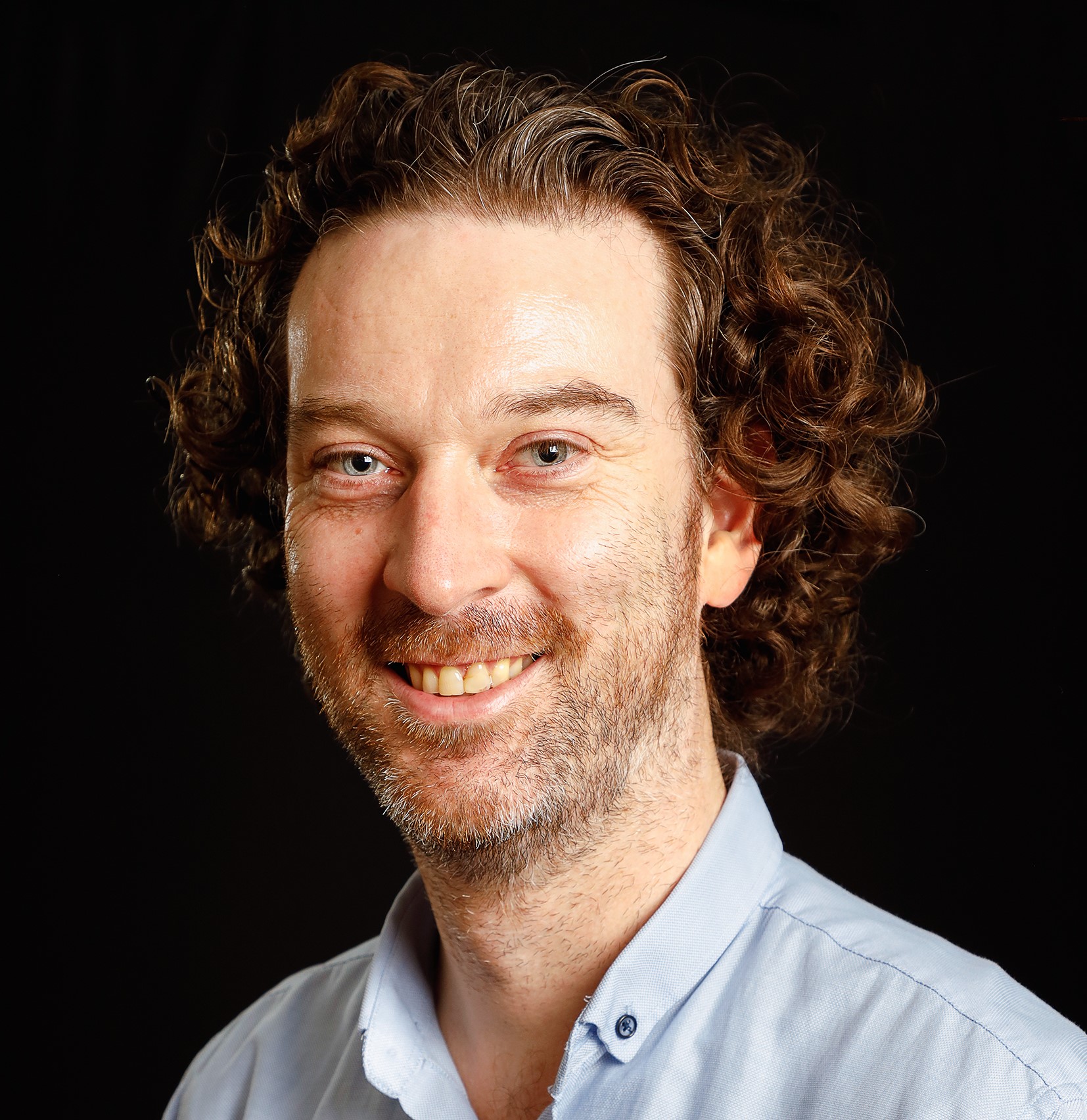 Simon GilhooleyCo-Director of First-Year Seminar, Associate Professor of Political Studies
Simon GilhooleyCo-Director of First-Year Seminar, Associate Professor of Political StudiesSimon Gilhooley

Co-Director of First-Year Seminar, Associate Professor of Political Studies
Simon Gilhooley is an Associate Professor in the Politics program at Bard College, where he teaches courses on American politics and political thought. Originally from the United Kingdom, Simon became interested in the US Constitution as an undergraduate student at the University of Edinburgh, where his weekend job was managing a kilt shop. Pursuing that interest (the Constitution, not kilts) has took him on an academic journey to the University of London and Cornell University where he studied, before taking up teaching positions at Ithaca College and then Bard College. Interested in the ways ideas interact with historical moments, he is excited to explore the different conversations that the First-Year Seminar gives rise to. -
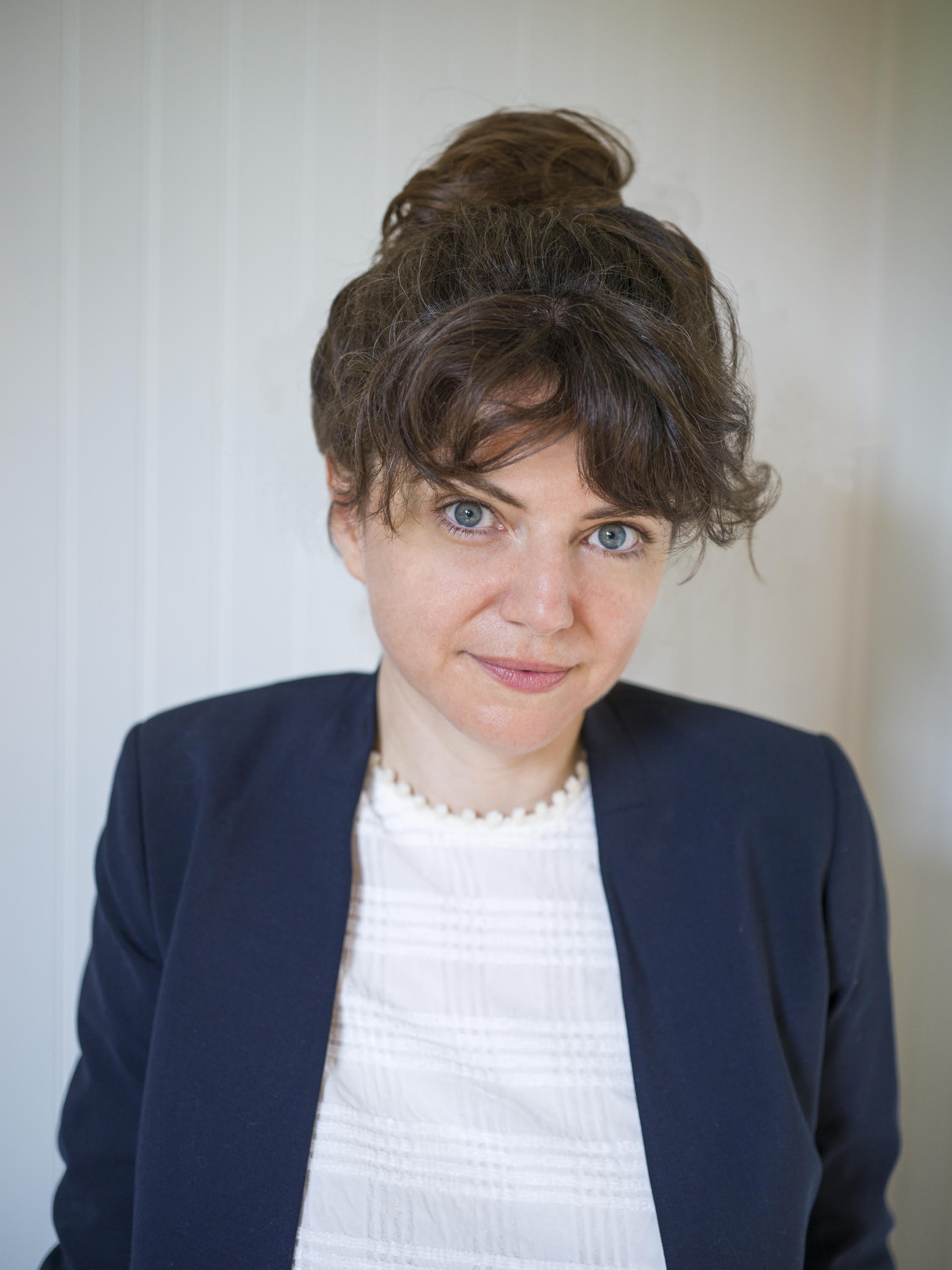 Kathryn TabbCo-Director of First-Year Seminar, Assistant Professor of Philosophy
Kathryn TabbCo-Director of First-Year Seminar, Assistant Professor of PhilosophyKathryn Tabb

Co-Director of First-Year Seminar, Assistant Professor of Philosophy
Kathryn Tabb is a member of the Philosophy Program, and also teaches in Experimental Humanities and Human Rights. She is interested in madness - its history, its ethics, and how it defines us. Along with teaching on the history and philosophy of psychiatry, she offers classes on early modern philosophy, on medical ethics, on disability, on feminist philosophy, and on history and philosophy of science more broadly. She is completing a book on John Locke's theory of irrationality and its role in the political sphere. She has long been an enthusiast for core curricula like FYSem. Before coming to Bard in 2019, she completed the University of Chicago's core curriculum as an undergraduate and taught in Columbia's core curriculum as a professor, experiences that left her convinced of the value of close encounters with transformative texts for which one has little preparation, guidance, or special expertise - especially when undertaken in the company of others.
-
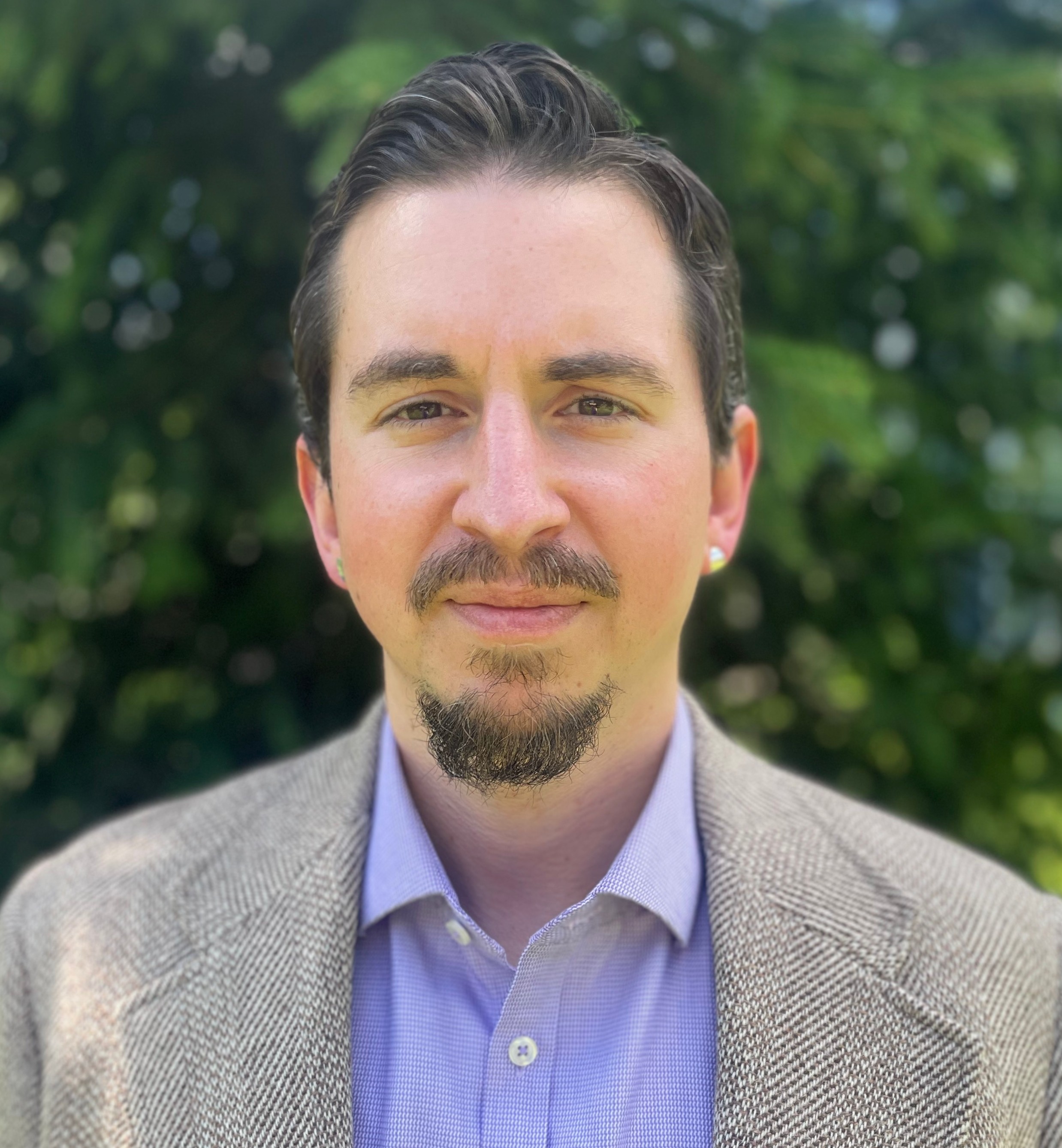 Andrew AtwellVisiting Assistant Professor of Interdisciplinary Study of Religions and Jewish Studies
Andrew AtwellVisiting Assistant Professor of Interdisciplinary Study of Religions and Jewish StudiesAndrew Atwell

Visiting Assistant Professor of Interdisciplinary Study of Religions and Jewish Studies
Andrew K. Atwell is an anthropologist, Judaism and Middle East specialist, and Visiting Assistant Professor of the Interdisciplinary Study of Religions and Jewish Studies at Bard College. He is the author of “Resuscitating Torah: ‘Judaization,’ Moral Imagination, and National-Religious hesed in Central Israel” in Journal of Jewish Thought and Philosophy, forthcoming 2026; “Religion, Authority, Grammar: The Scholarly Legacy of Secular Concepts” in Buddhist Violence and Religious Authority: A Tribute to the Work of Michael Jerryson, 2022. He is broadly interested in moral imagination in its relation to political theology, political economy, and traditions of critical reflectivity, and his primary focus is on national-religious Israeli Judaism. His current book project, Lod Alight: National-Religious Activism, Moral Imagination, and the Limits of Reflection, is a study of the moral imagination at work in a national-religious “social settlement” movement that has settled in Israel’s binational cities since the mid-1990s. Fellowships include: Wenner-Gren Foundation Dissertation Fieldwork Grant; Fuerstenberg Fellowship in Jewish Studies; Greenberg Center for Jewish Studies Research Grant, University of Chicago. At Bard since 2024.
BS, Eckerd College; MA, University of Virginia; MA (Religious Studies), MA (Anthropology), PhD, University of Chicago
-
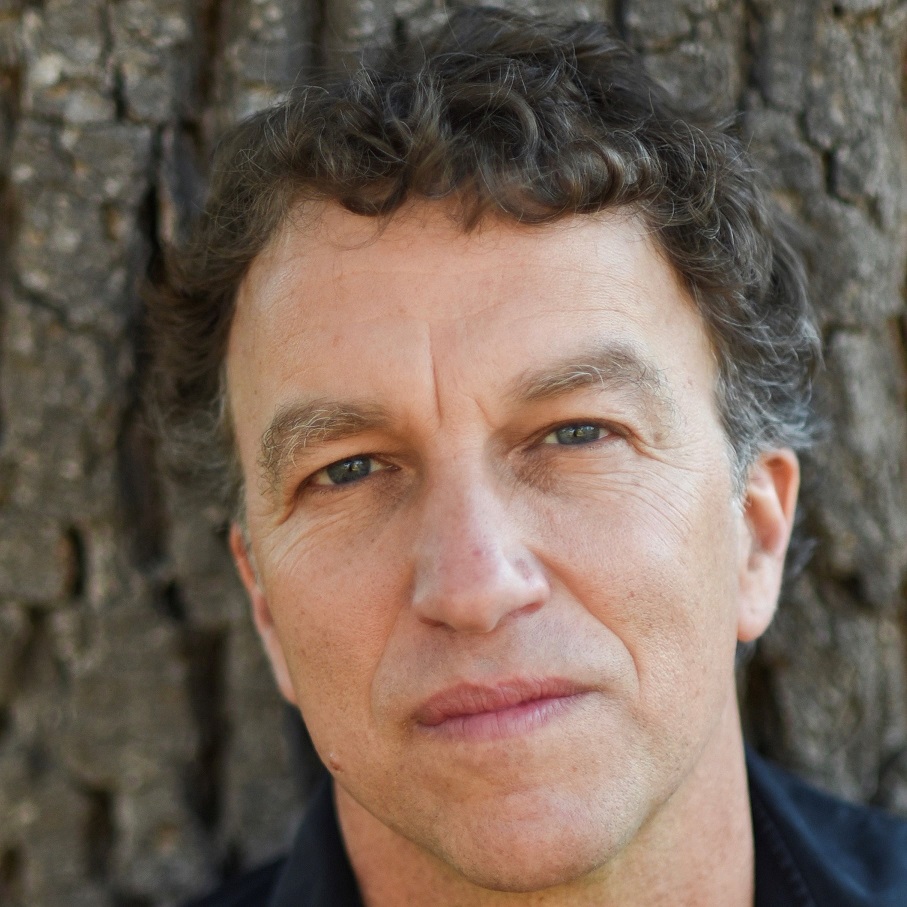 Joshua BoettigerJewish Chaplain; Visiting Assistant Professor of Humanities
Joshua BoettigerJewish Chaplain; Visiting Assistant Professor of HumanitiesJoshua Boettiger

Jewish Chaplain; Visiting Assistant Professor of Humanities
Joshua Boettiger is Bard’s Jewish Chaplain. As a Visiting Assistant Professor, he also teaches courses ranging from Jewish Poetry, to the History of Jewish Heresy, as well as classes through the Courage to Be Program in conjunction with the Hannah Arendt Center. He is Rosh Yeshiva (Head of School) at the Center for Contemporary Mussar, where he teaches and trains teachers in Jewish approaches to ethical mindfulness. Joshua has an MFA in Poetry (Pacific University, 2018) and a Masters in Hebrew Letters/rabbinic ordination (Reconstructionist Rabbinical College, 2006). A graduate of Bard back in 1997, Joshua is excited to have returned and to continue to be part of the FYSEM journey.
-
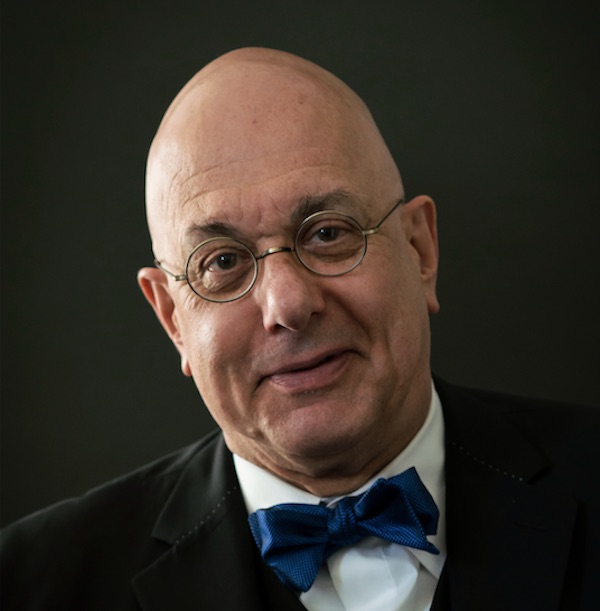 Leon BotsteinPresident of the College; Leon Levy Professor in the Arts and Humanities
Leon BotsteinPresident of the College; Leon Levy Professor in the Arts and HumanitiesLeon Botstein

President of the College; Leon Levy Professor in the Arts and Humanities
Leon Botstein, conductor, music historian, and leader in education reform, has been president and Leon Levy Professor in the Arts and Humanities of Bard College since 1975. -
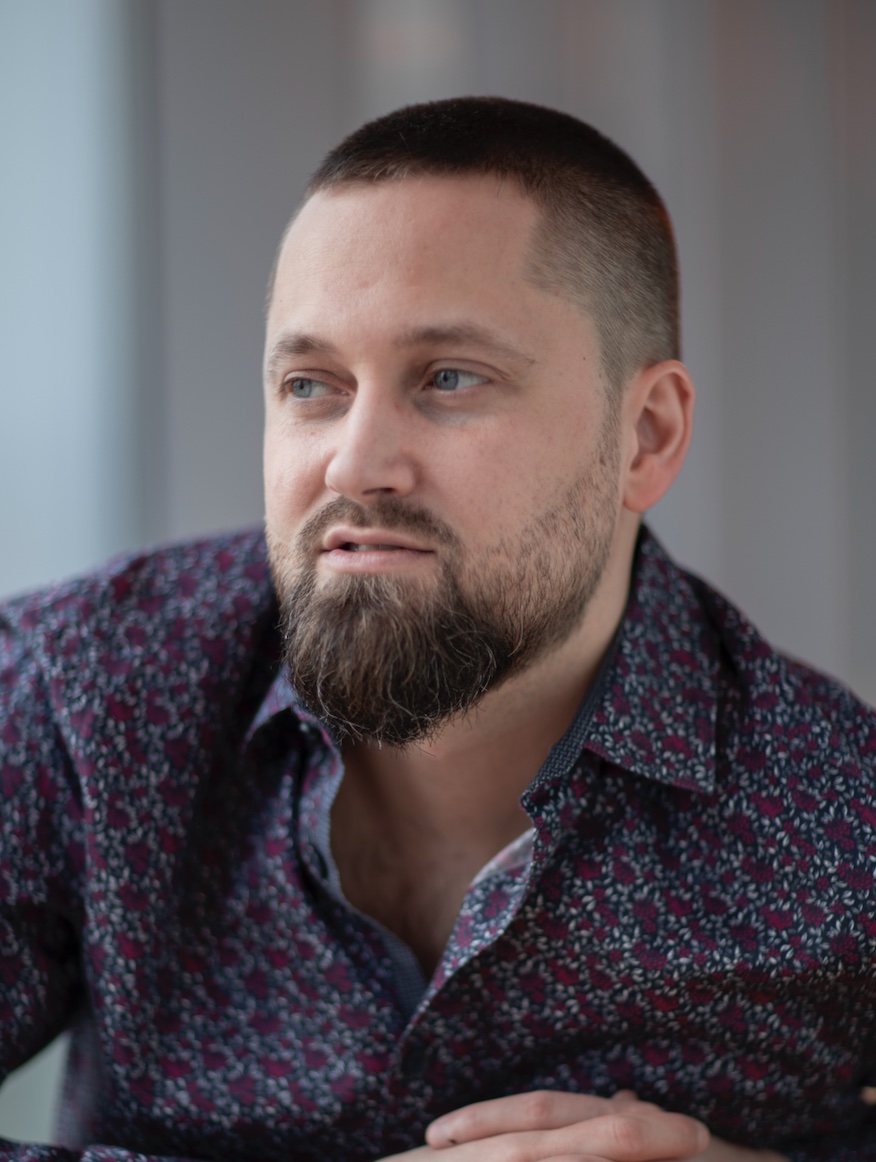 Andrew BushAssistant Professor of Anthropology
Andrew BushAssistant Professor of AnthropologyAndrew Bush

Assistant Professor of Anthropology
Andrew Bush is an anthropologist who studies ethics in various forms: in language, law, poetry, gender and sexuality, and religion. His research has been centered around the study of Islamic traditions in Iraqi Kurdistan since 2004. At Bard he teaches in linguistics and gender and sexuality, and he previously taught on topics of Islamic studies, legal studies, and gender at New York University Abu Dhabi, where he also taught seminars focused on writing. He was formerly a researcher at Cracow University of Economics and at Harvard Law School. -
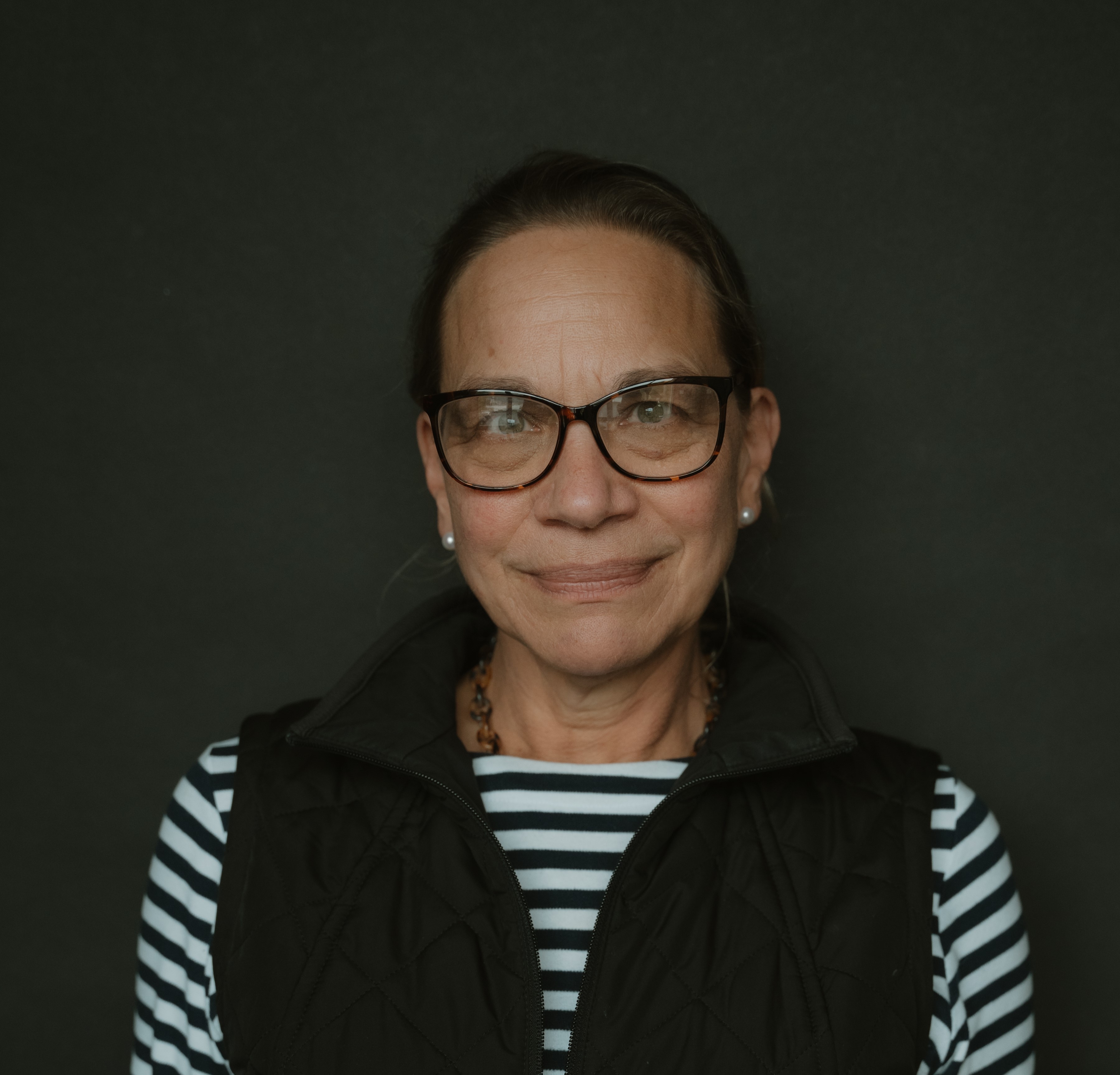 Rachel CavellLanguage and Thinking Program
Rachel CavellLanguage and Thinking ProgramRachel Cavell

Language and Thinking Program
Rachel Cavell teaches in Bard’s Language and Thinking Program, and is a Faculty Associate with Bard’s Institute for Writing and Thinking. She teaches Essay and Revision at Bard, and writing and civics at the Bard Prison Initiative. She has worked with faculty development at Bard-Smolny College (St. Petersburg State University in St. Petersburg, Russia), and has taught in the Bard Masters in Teaching Program. Rachel is also a writer, with recent publications in the Adelaide Literary Journal; an attorney, and a practitioner of Restorative Justice. She received her B.A. in English Literature from Harvard University. She is very excited to be discussing, thinking and writing about the great texts in First Year Seminar. -
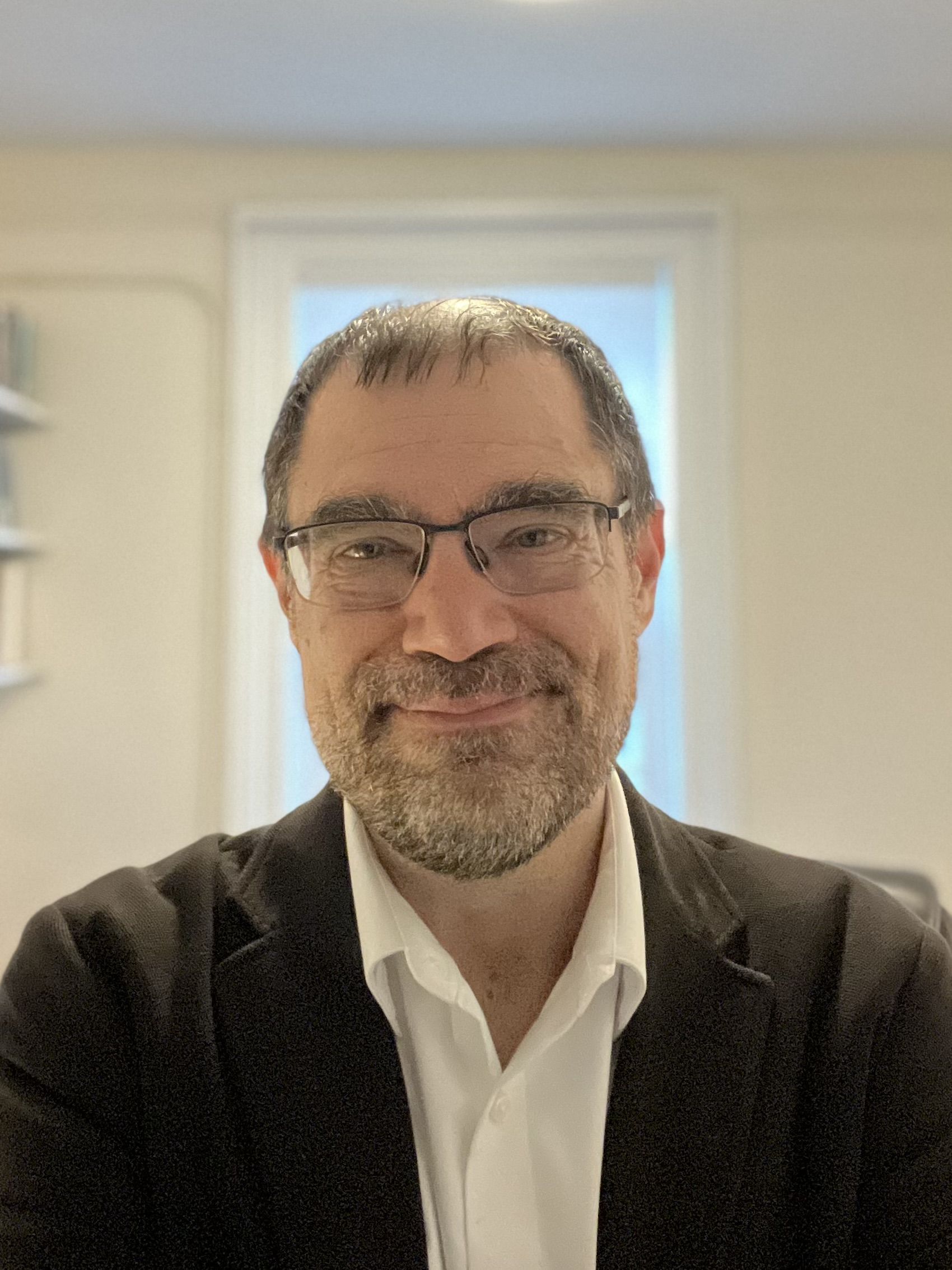 Bill DixonVisiting Assistant Professor of the Humanities and the Social Sciences
Bill DixonVisiting Assistant Professor of the Humanities and the Social SciencesBill Dixon

Visiting Assistant Professor of the Humanities and the Social Sciences
Bill Dixon is Visiting Assistant Professor of Humanities and the Social Sciences. Bill has taught at Bard since 2010. He teaches political theory and American politics in the Politics Program. He also teaches in the Bard Prison Initiative and in the Language and Thinking Program. His current research interests include democratic theory, theories of citizenship and political action, political realism, cosmopolitanism, federalism, and climate change. Some of the political thinkers who interest him most include Thucydides, Lucretius, Machiavelli, Rousseau, Marx, Nietzsche, Max Weber, Hannah Arendt, and Michel Foucault. He teaches classes on the American Presidency, New York State Politics, Trumpism, and the United States Congress. He thinks of FYSEM as one of the most challenging and rewarding courses at Bard. He is especially excited to be reading Ralph Ellison’s Invisible Man with students in FYSEM and thinking through the difficult questions that the text inevitably raises about contemporary democracy in the United States.
-
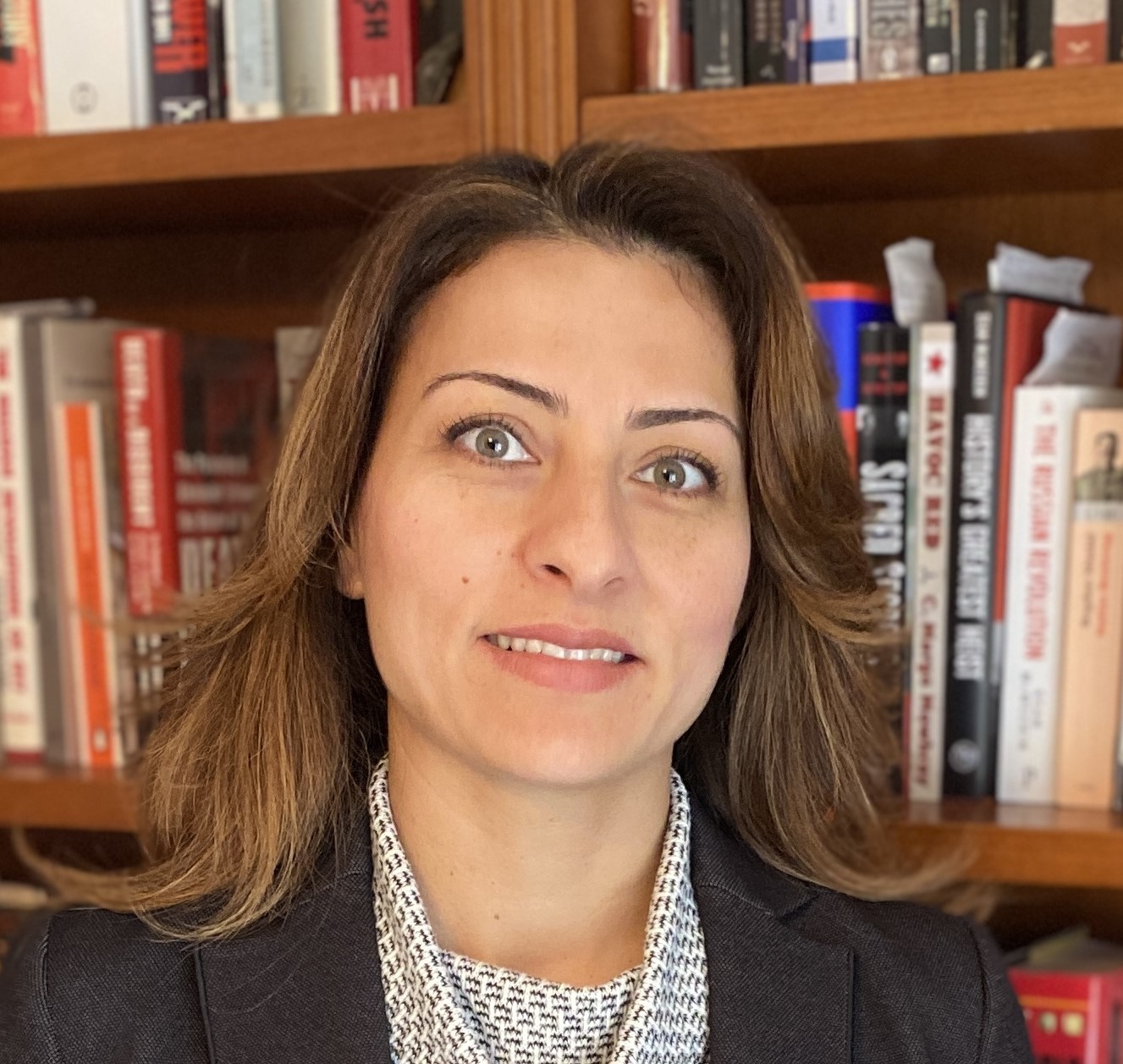 Nesrin Ersoy McMeekinVisiting Instructor in the Humanities
Nesrin Ersoy McMeekinVisiting Instructor in the Humanities
Nesrin Ersoy McMeekin

Visiting Instructor in the Humanities
Nesrin Ersoy McMeekin is a Visiting Instructor in the Humanities at Bard College, teaching the First-Year Seminar since Fall 2014; and at Bard Early College-Hudson Valley since Fall 2017.
Born in Bulgaria, and emigrated to Turkey as a child, Nesrin specializes in Early Turkish Republican era-specifically in its relations with the Soviet Union, and Turkish Emigration from Bulgaria during the 20th century. Her first book Turkey’s Relations with the Bolsheviks (1919-1922) was published by VDM Publishing House Ltd., in 2009.
Prior to Bard, Nesrin taught Turkish Culture and History at Koc University in Istanbul, Turkey from 2012 to 2014; and History of the Republic of Turkey at Bilkent University in Ankara from 2007 to 2012. She enjoys teaching FYSEM and having lively conversations on our texts.
-
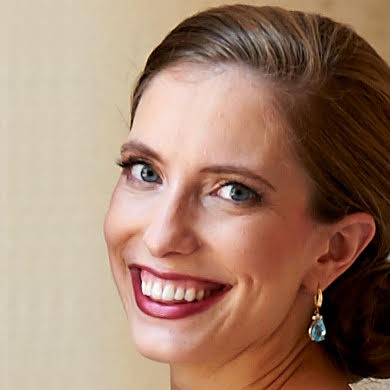 Molly FreitasAssociate Dean of Studies, Visiting Assistant Professor in the Humanities
Molly FreitasAssociate Dean of Studies, Visiting Assistant Professor in the HumanitiesMolly Freitas

Associate Dean of Studies, Visiting Assistant Professor in the Humanities
Molly J. Freitas is Associate Dean of Studies and Visiting Assistant Professor in the Humanities at Bard. As an educator, Molly’s greatest passion is helping students to develop the skills and confidence necessary to achieve their academic, personal, and professional goals. She holds a Ph.D. from Tufts University and an M.A. from Georgetown University, both in English. Prior to coming to Bard, Molly was an Assistant Professor of English and led the prestigious scholarship program at West Point, the United States Military Academy. She has also taught literature, critical thinking, and professional development courses at Tufts University, Emerson College, and the University of Illinois at Chicago and was a book editor at Oxford University Press. A feminist literary critic by training, Molly published an academic book, From Subjection to Survival: The Artistry of American Women Writers (Routledge 2023), on aesthetics and American women writers; her scholarly articles have also appeared in American Literary Realism, Soundings, and Studies in the Novel. She lives in Beacon, NY with her husband and two young daughters, who are the light of her life.
-
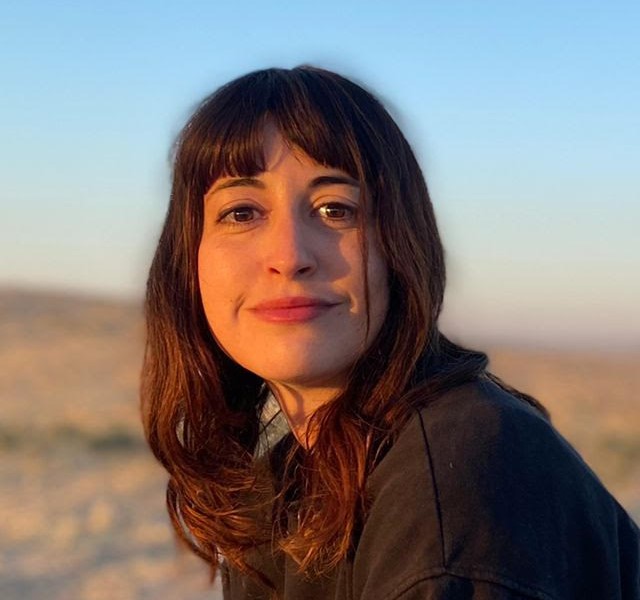 Valentina GrassoAssistant Professor of History
Valentina GrassoAssistant Professor of HistoryValentina Grasso

Assistant Professor of History
Valentina A. Grasso is a Sicilian professor of Medieval History at Bard. At the age of 19, she realized that she wouldn't become a post-punk bass guitar star or the clever engineer her parents had dreamed her to be. Thus, she published a convoluted novel and some poems and took root in the UK to confect her Ph.D. on the history of pre-Islamic Arabia between ferocious water polo matches against Oxford, sherry-hazy formal dinners, and dainty old manuscripts in Arabic, Syriac, and Ge'ez. Having conducted fieldwork in Iraq, Jordan, and Ethiopia and having taught in NYC and DC, Valentina is excited to experience a less exciting life in the Hudson Valley where she will work on several new projects on Afro-Eurasia in the “Medieval period”, questing her cat soul mate whom she will name Mani. -
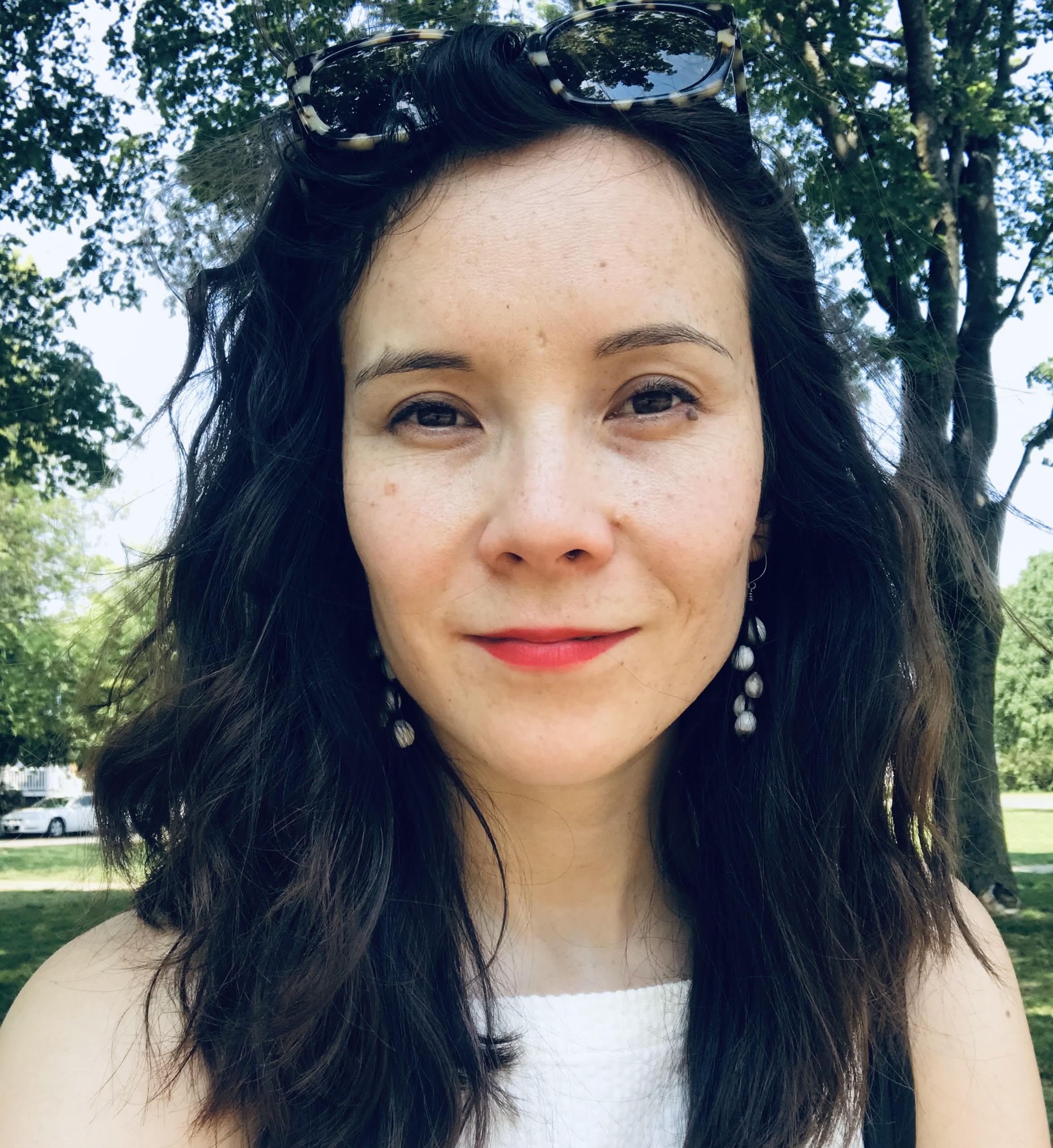 Mie InouyeAssistant Professor of Political Studies
Mie InouyeAssistant Professor of Political StudiesMie Inouye

Assistant Professor of Political Studies
Mie is an Assistant Professor in the Politics program at Bard. She is originally from Massachusetts, but her favorite state is Rhode Island. She studies the political theories of organizers and social movements, with a focus on the twentieth-century American labor and civil rights movements. Mie thinks of political practice as an important source of political theory, and she tries to bridge theory and practice in her research, writing, and teaching. She recently published an article on civil rights organizer Ella Baker’s theory of radical democracy in The American Political Science Review. She also writes about organizing, social movements, and religion and politics for magazines like Jacobin, Boston Review, Political Theology Network, and The Forge. Through her teaching, she encourages students to think of themselves as political theorists in their own right. In addition to FYSEM, she teaches classes on political organizing, Western political thought, American political thought, identity politics, and revolutionary theory and practice. When she’s not being a professor she likes to organize, watch reality TV, and go for hikes with her dog, Yoshi. -
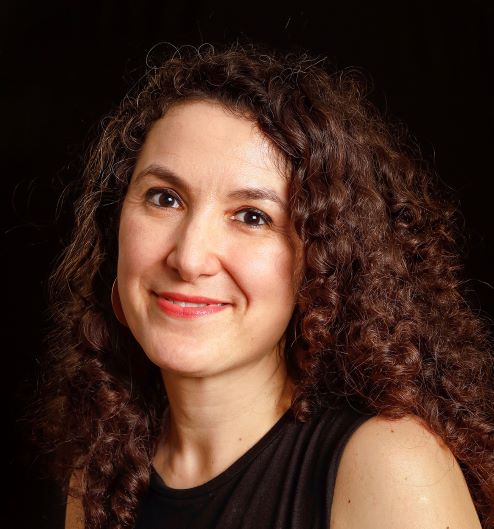 Pinar KemerliAssistant Professor of Political Studies
Pinar KemerliAssistant Professor of Political StudiesPinar Kemerli

Assistant Professor of Political Studies
Prof. Pınar Kemerli teaches political theory and Middle East politics at Bard College. She completed her PhD in the Department of Government at Cornell University, and holds a BA from Boğaziçi University in Turkey, and MA degrees from Goldsmiths College of the University of London and Cornell University. Her interdisciplinary research addresses theories and practices of resistance, decolonization, violence/nonviolence, and religion and politics, and she offers courses on these topics. She is currently completing a book manuscript on decolonization and antiwar politics in Turkey. Her articles and reviews have appeared in a range of journals including Political Theory, New Political Science, Theory & Event, International Journal of Middle East Studies, Radical Philosophy, and Political Theology. -
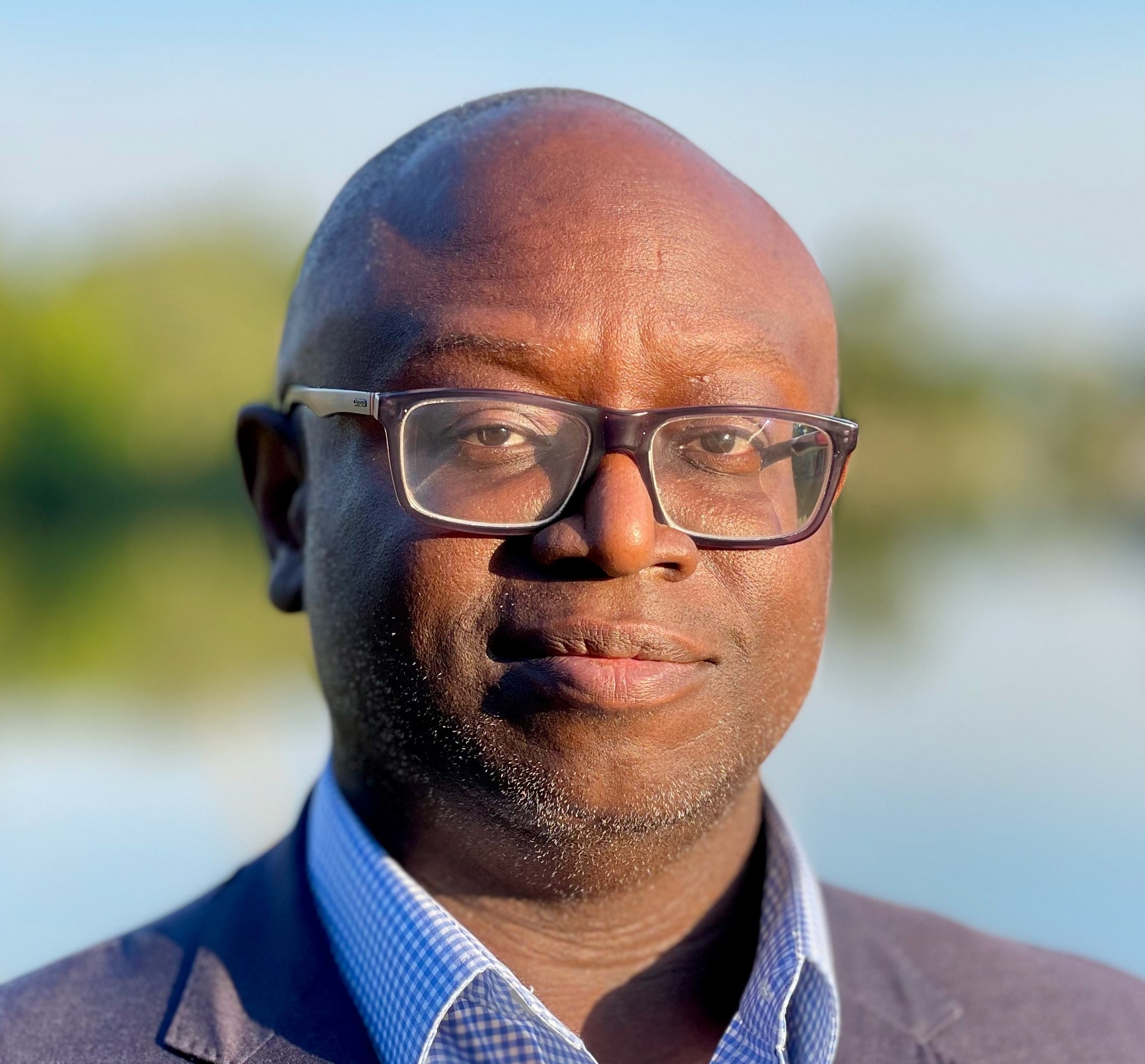 Nicholas LewisAssociate VP for Academic Initiatives & Associate Dean of the College
Nicholas LewisAssociate VP for Academic Initiatives & Associate Dean of the CollegeNicholas Lewis

Associate VP for Academic Initiatives & Associate Dean of the College
Nicholas Lewis is Associate Vice President for Academic Initiatives and Associate Dean in the office of the Dean of the College at Bard, where he has newly rejoined the campus community in January 2022. His main areas of interest reside at the intersection of music, African diasporic cultures, religion, and social ethics. Nicholas is also a clarinetist and composer steeped in the sensibilities of improvisational music with a Blues aesthetic. He is the clarinetist and co-founder of the BLAK-New Blues Ensemble, an ensemble co-founded with composer-pianist Anthony Kelley and based at Duke University in Durham, North Carolina. As the ensemble’s manifesto reads, the BLAK-New Blues Ensemble was created to “explore an ensemble’s ability to circumnavigate, through improvisation, the codes and tropes of African-American, European, and music of other parts of the world in ways that produce a coherent and fresh musical product.”
-
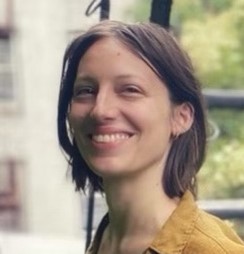 Gabriella LindsayVisiting Assistant Professor of French
Gabriella LindsayVisiting Assistant Professor of FrenchGabriella Lindsay

Visiting Assistant Professor of French
Gabriella Lindsay is a Visiting Assistant Professor in the Division of Languages and Literature. She specializes in intersections between aesthetics, politics and ethics in 20th and 21st century literature, thought and culture in French. She is currently working on a book on representations of sexual violence and the afterlives of the Algerian War.
-
 Chris McIntoshAssistant Professor of Political Studies
Chris McIntoshAssistant Professor of Political Studies
Chris McIntosh

Assistant Professor of Political Studies
Christopher McIntosh is an Assistant Professor of Political Studies who works on the intersection of contemporary global politics, political violence, time, and critical/poststructural international theory. Originally from Marietta, Georgia, he has studied at and received degrees from the University of Georgia, Georgetown, and the University of Chicago. He is currently working on a book that argues how we understand time and choose to relate past, present, and future play a crucial role in the practice of politics. Beyond FYSEM, he teaches courses on time and political violence, gender, global ethics, sovereignty and war, terrorism, nations and nationalism, security, and international relations. He has taught FYSEM since 2010. -
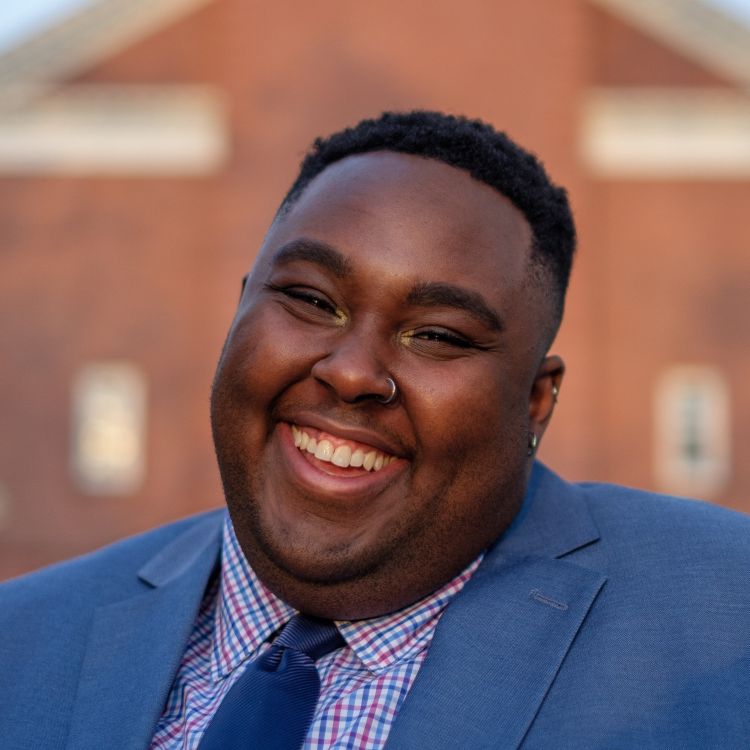 Jamal Davis Neal, Jr.Visiting Instructor in the Humanities
Jamal Davis Neal, Jr.Visiting Instructor in the HumanitiesJamal Davis Neal, Jr.

Visiting Instructor in the Humanities
Jamal is a Visiting Faculty Member who has been at Bard since Winter Intersession 2024. Since then, he has taught L&T, CitSci, and a few courses at both of the Hudson Valley Bard Early College sites. Last semester was their first time teaching First Year Seminar, and they look forward to continuing this Spring in addition to co-teaching the Common Course The Science of Human Connection.
Jamal looks forward to continuing to develop relationships with new and continuing students as these students continue to explore college life and their roles in an ever-changing society. Outside of Bard, Jamal looks forward to their coming ordination as a minister in the American Baptist Churches USA tradition. Feel free to talk to Jamal about anything related to meaning-making, co-creation, or identity development when you see him!
-
 Daniel NewsomeVisiting Assistant Professor of Mathematics
Daniel NewsomeVisiting Assistant Professor of MathematicsDaniel Newsome

Visiting Assistant Professor of Mathematics
After dropping out of college in the 80s, I went to art school to pursue a career in painting and printmaking. As a result, I became quite good at hanging sheet rock, wallpaper, and woodworking. Starting in the late 1990s I tried college again, this time at Bard, where I completed a degree in physics in 2002. I then studied the history of science at the University of Maryland and the Graduate Center of the City University of New York where I earned a Ph.D. in 2012. My areas of interest include classical, medieval, and early modern natural philosophy, the history of evolutionary theories, and the history of microcopy. I am currently housed in the Mathematics Department of Bard College where I teach calculus and a course on medieval mathematics. I also teach a history of science laboratory course and a medieval science course. I have taught numerous math, science, and humanities classes for BPI and Citizen Science so many times that I've lost count. I've even taught L&T a couple of times. Now I have been given the opportunity to teach the First-Year Seminar. I have lucked into a situation where I am continuously challenged and get to learn something new every day and talk about it with people sharing that same journey. What could be better! -
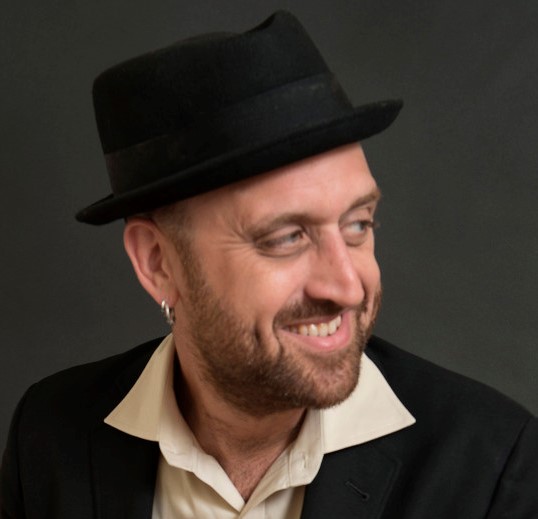 Franz NicolayVisiting Instructor of Music
Franz NicolayVisiting Instructor of MusicFranz Nicolay

Visiting Instructor of Music
Franz Nicolay is a musician and writer. In addition to records under his own name, he was a member of cabaret-punk orchestra World/Inferno Friendship Society, “world’s best bar band” the Hold Steady, Balkan-jazz quartet Guignol, co-founded the composer-performer collective Anti-Social Music, was a touring member of agit-punks Against Me!; and recorded or performed with dozens of other acts. He studied music at New York University and writing at Columbia University (where he was awarded a Felipe P. de Alba Fellowship). He received fellowship residencies in composition at the Rensing Art Center and writing at the Ucross Foundation and the Edward F. Albee Foundation, and he has taught at Columbia University and UC–Berkeley.
His first book, The Humorless Ladies of Border Control: Touring the Punk Underground from Belgrade to Ulaanbaatar (The New Press, 2016), was named a “Season’s Best Travel Book” by The New York Times; and Buzzfeed called his novel forthcoming Someone Should Pay For Your Pain was called a “knockout fiction debut." His writing has appeared several anthologies and in publications including The New York Times, Slate, The Paris Review, The Kenyon Review, Ploughshares, the Los Angeles Review of Books, Threepenny Review, LitHub, and Longreads. -
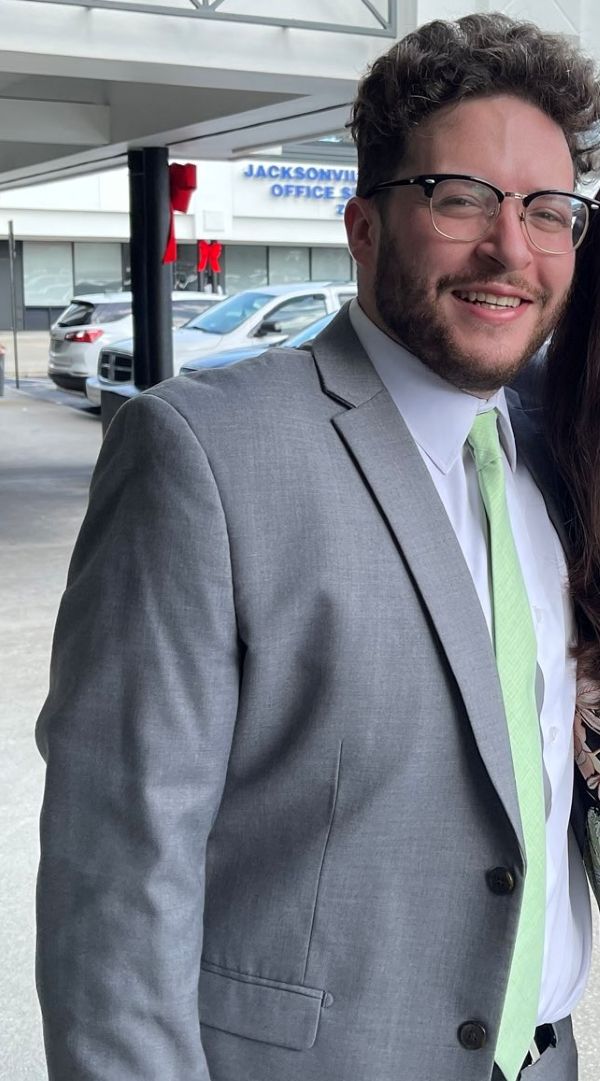 Antonio OrtizVisiting Instructor in the Humanities
Antonio OrtizVisiting Instructor in the HumanitiesAntonio Ortiz

Visiting Instructor in the Humanities
Antonio Ortiz is a Visiting Instructor in the Humanities at Bard College, teaching Language and Thinking (L&T) and First Year Seminar (FYSEM). Antonio graduated from Bard College in 2018 with a BA in Economics, specializing in macroeconomic policy and the economic history of Latin America. After graduating from Bard, he attended Yale Divinity School where he earned his Master of Divinity degree in 2023. During his time at Yale, Antonio's research focused on the Hebrew Bible; in particular, how biblical narratives of violence were used to construct communal identity in ancient Israel, and surrounding ancient West Asian cultures. In addition to his teaching role, Antonio is also a Program Associate in the Office of the Dean of the College, working directly with the Associate Vice President for Academic Initiatives and Associate Dean of the College, Nicholas Alton Lewis, on building a climate of inclusion and community at Bard College. Outside of academia, Antonio is a practicing Buddhist, and an avid soccer fan. -
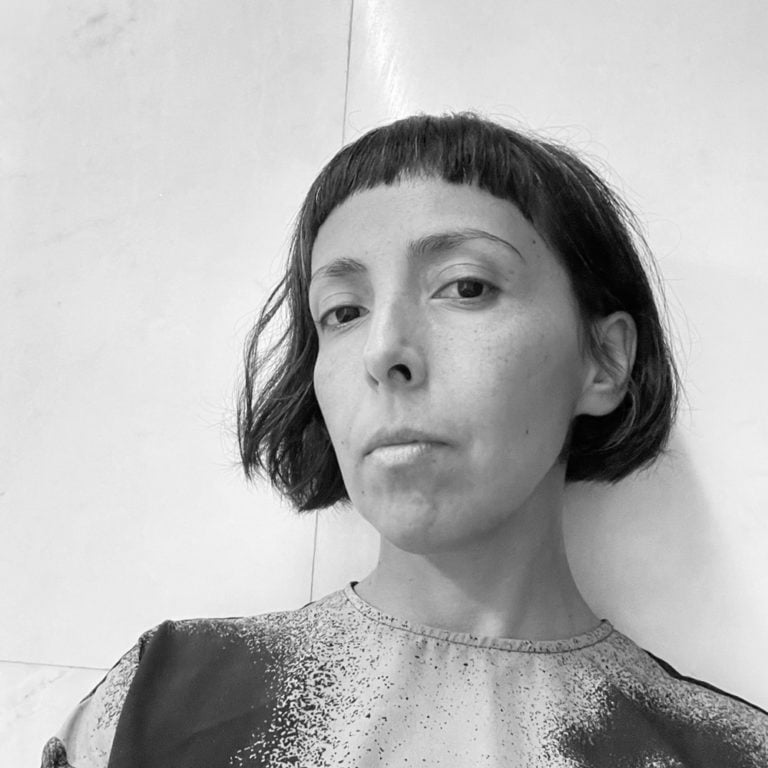 Ivonne Santoyo-OrozcoAssistant Professor of Architectural Studies
Ivonne Santoyo-OrozcoAssistant Professor of Architectural StudiesIvonne Santoyo-Orozco

Assistant Professor of Architectural Studies
Ivonne Santoyo-Orozco is an architect, historian, and educator. She is an assistant professor of architecture and co-director of the architecture program at Bard College. Santoyo-Orozco’s research focuses on the relations between architecture and property regimes in Mexico with an emphasis on understanding spaces of resistance against the privatization of common lands. Her writings have appeared in Avery Review, Scapegoat, New Geographies, and e-flux Architecture, among other publications. She received a PhD in architectural history from the Architectural Association, an M.Arch from the Berlage Institute, and a B.Arch degree from Universidad de las Américas.
-
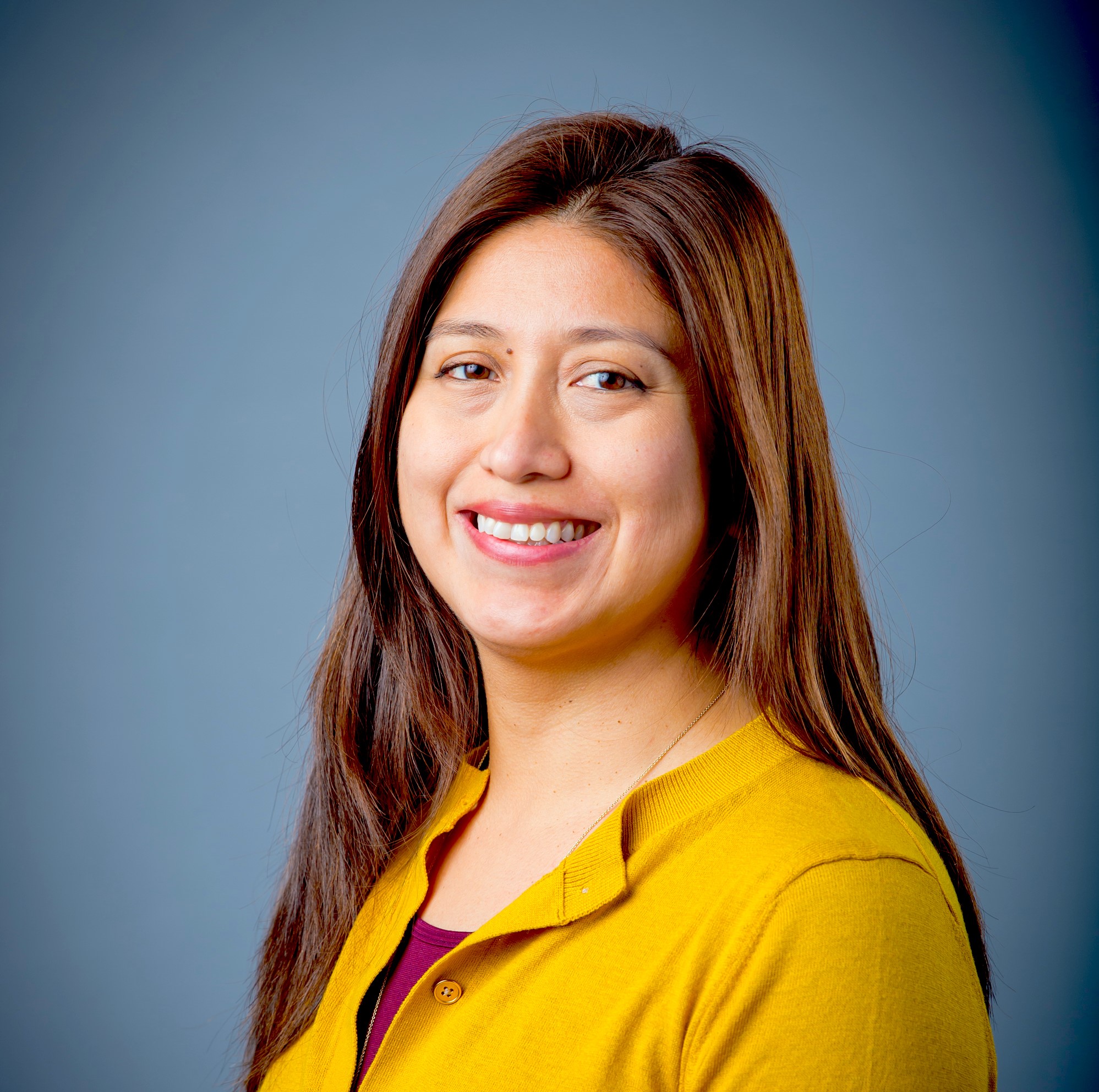 Luisanna SarduVisiting Assistant Professor of Spanish
Luisanna SarduVisiting Assistant Professor of SpanishLuisanna Sardu

Visiting Assistant Professor of Spanish
Luisanna Sardu is Visiting Assistant Professor of Spanish at Bard College. She studied Comparative Literature, with a specialization in Early Modern Studies, specifically in Italian and Spanish female authors. Her research analyzes the use of anger in the texts of Italian and Spanish early modern women writers. Her studies include the history of emotions and the use of affect theory in the interpretation of women’s literature, as well as the role of emotions in the acquisition of foreign languages. Her research interests also include translation studies and contemporary African Italian women authors. She looks forward to engaging in conversation with her FYSEM students, debating and questioning ideas in literature and philosophy. -
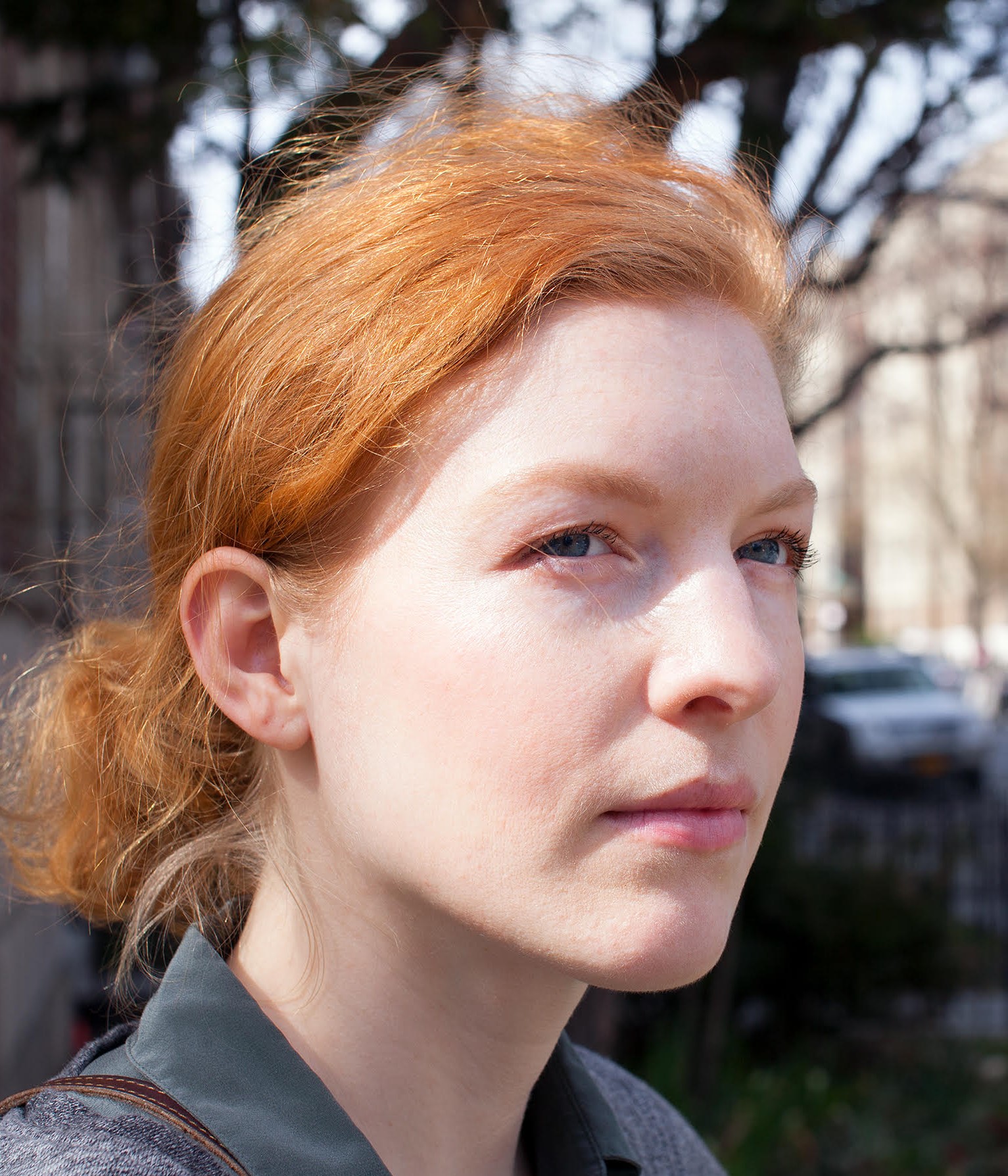 Jana SchmidtAssistant Professor of German Studies
Jana SchmidtAssistant Professor of German StudiesJana Schmidt

Assistant Professor of German Studies
Assistant Professor of German Studies, writes about German and American, transatlantic and exilic literatures. Having earned her PhD in Comparative Literature at SUNY Buffalo, she combines this interest in the forms of exile with a theoretical orientation toward contemporary literary theory on both sides of the Atlantic and beyond. Jana Schmidt first came to Bard as a postdoctoral fellow at the Hannah Arendt Center where she also served as Director of Academic Programs in 2022-23. She has held fellowships at the German Literature Archive, the German Historical Institute, DC, and Fordham University/New York Public Library. Her first book, Hannah Arendt und die Folgen (Metzler, 2016), sounds the echo of Hannah Arendt’s thought in the work of a variety of postwar thinkers, artists, and activists. She has written essays for publications such as Philosophy Today, Los Angeles Review of Books, The Journal of Narrative Theory, and German Quarterly. Her current writing project deals with the encounter of German-speaking refugees with African American thinkers and politics from the 1940s onward. In taking seriously the then frequent self-description of Black Americans as “exiles” in their own country, "Futures Not Yet: Jewish Exiles, Black Politics" seeks to illuminate the potentials and failures of this real and imagined dialogue while paying particular attention to the political visions it inspired. -
Heeryoon ShinAssistant Professor of Art History & Visual Culture
Heeryoon Shin
Assistant Professor of Art History & Visual Culture
Heeryoon Shin is Assistant Professor of Art History and Visual Culture at Bard College. She was born and raised in Seoul, South Korea, but also spent third and fourth grade in Honolulu, Hawaii, which fostered her interest in travel, movement, and intercultural encounters. She returned to the US to pursue graduate studies in the art and architecture of South Asia, with a particular focus on early modern and colonial India. Her current project explores architectural revival, mobility, and cross-cultural exchanges in early colonial India through the lens of temple architecture in the pilgrimage city of Banaras, a portion of which has been published in Artibus Asiae and Journal 18. She is also developing a new project on the global circulation of blue and white ceramics and their interaction with local production and use in South Asia during the eighteenth and nineteenth centuries. -
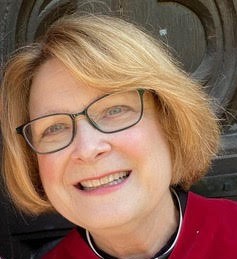 Mary Grace WilliamsChaplain, Dean of Community Life, Vicar of St. John the Evangelist Episcopal Church
Mary Grace WilliamsChaplain, Dean of Community Life, Vicar of St. John the Evangelist Episcopal ChurchMary Grace Williams

Chaplain, Dean of Community Life, Vicar of St. John the Evangelist Episcopal Church
The Rev. Mary Grace Williams, Chaplain of the College/Dean of Community Life, came to Bard College in 2016 and has taught FYSEM each semester since the spring of 2018. In the summer of 2023 she also joined the faculty for Language and Thinking (L&T). She received her B.A. from Rutgers University where she studied Theater Arts (Acting and Directing) which led her to move to NYC directly after college to pursue a career in theater. While living in the West Village, she rediscovered her deep interest in spirituality and religion and that inspired her to do a M.A. in Religious Education from Fordham University. Eventually this led her to seek ordination as an Episcopal priest and she attended Yale Divinity School and earned a M. Div. Mary Grace is excited to be part of the faculty for FYSEM and L&T where she gets to work closely with first year students.
Contact Us
Program Directors
Robert Cioffi, Simon Gilhooley, and Kathryn Tabb
The program directors hold regular office hours throughout the semester.
We welcome the chance to meet with you about the course and your experiences.
Fall Semester Office Hours:
Wednesdays from 12:15 - 1:15 pm in the Kline Dining Room
Please note that this is in addition to your own FYSEM instructor's office hours, which you should attend with specific questions / concerns about your own FYSEM section and your own personal progress in the course.
For further information, contact Program Assistant Julie Cerulli
[email protected] | 845-758-7514
Robert Cioffi, Simon Gilhooley, and Kathryn Tabb
The program directors hold regular office hours throughout the semester.
We welcome the chance to meet with you about the course and your experiences.
Fall Semester Office Hours:
Wednesdays from 12:15 - 1:15 pm in the Kline Dining Room
Please note that this is in addition to your own FYSEM instructor's office hours, which you should attend with specific questions / concerns about your own FYSEM section and your own personal progress in the course.
For further information, contact Program Assistant Julie Cerulli
[email protected] | 845-758-7514
























